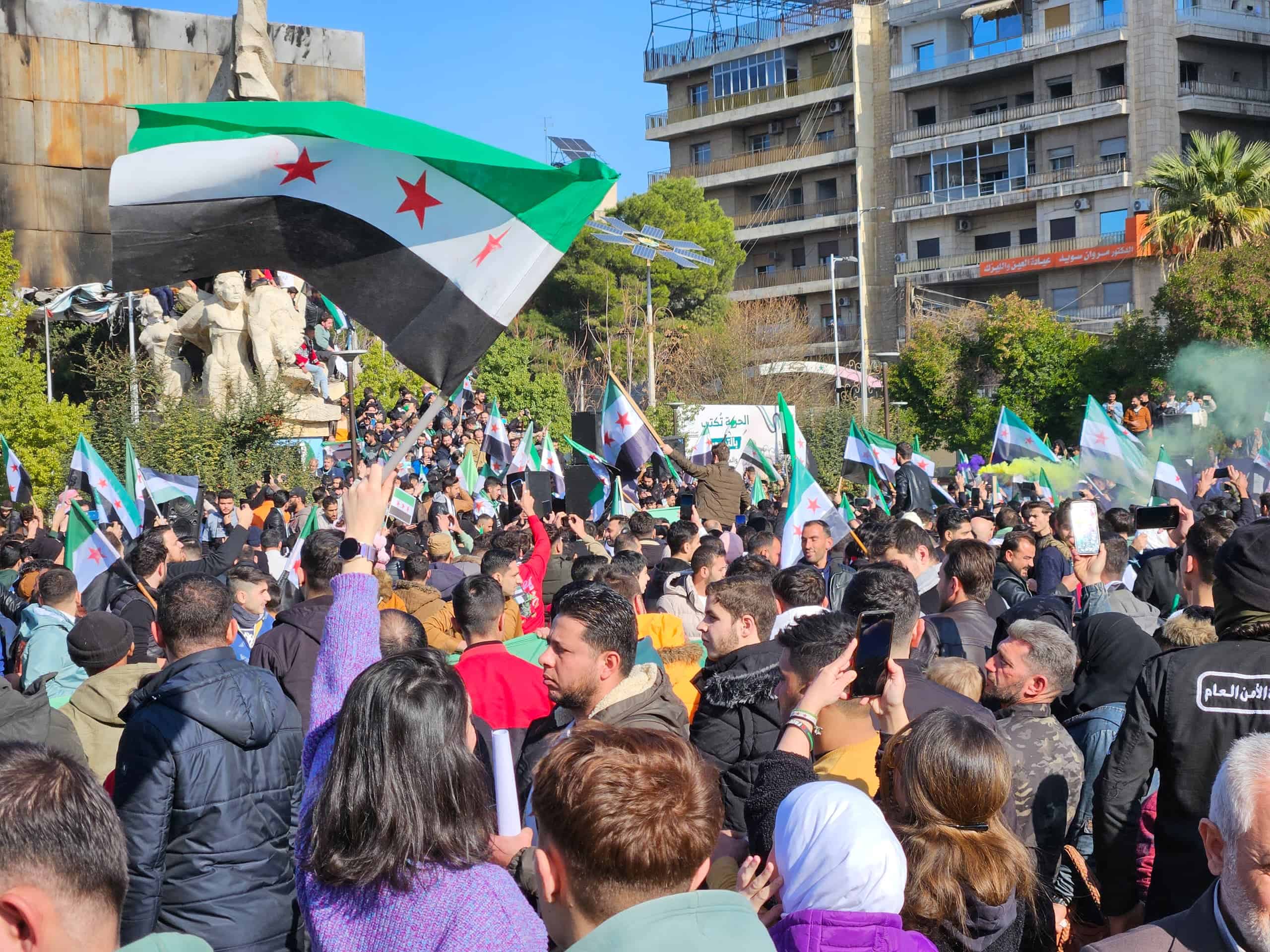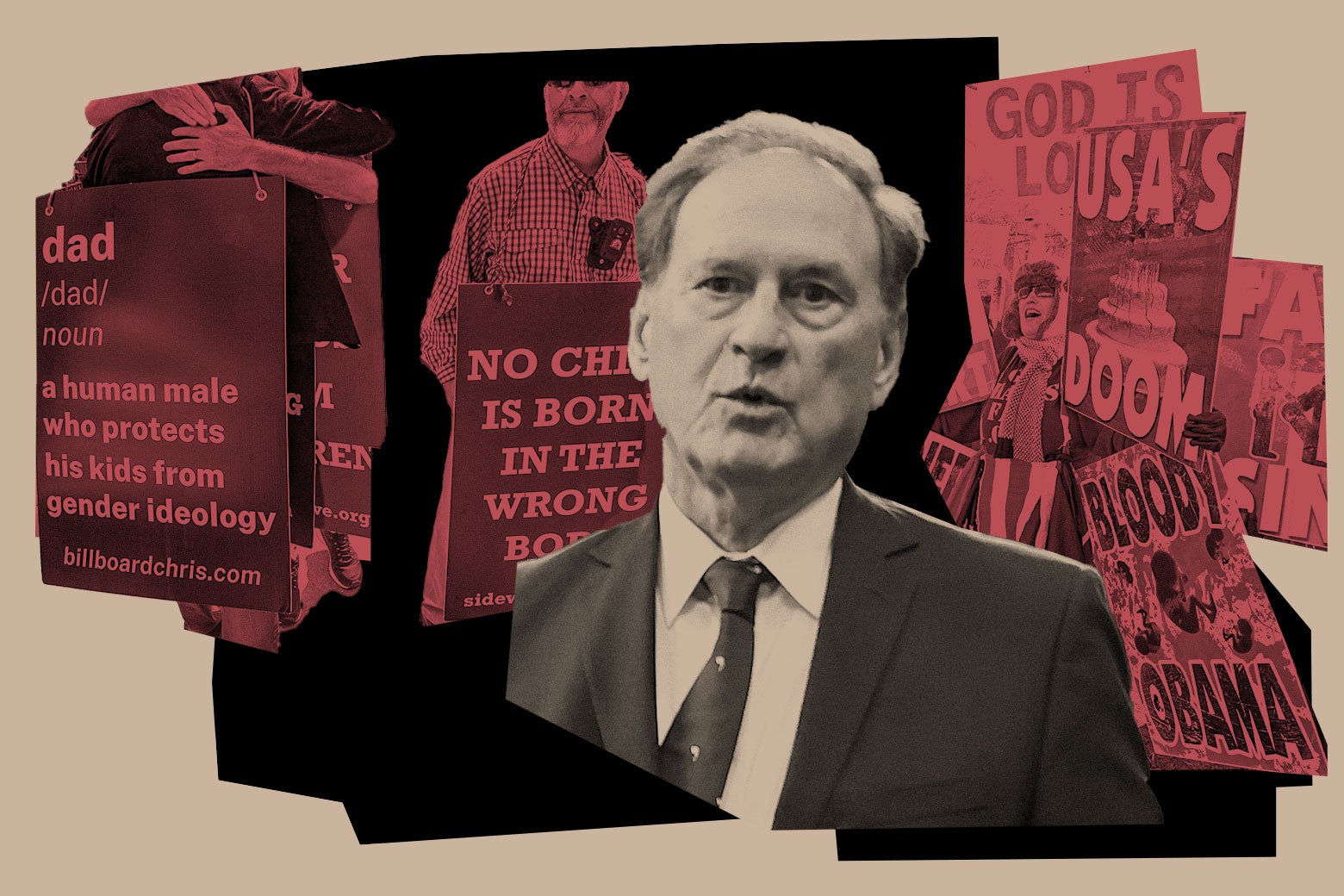The security situation in Syria remains highly unstable, leaving Christian communities in constant fear of being targeted by terrorist attacks, according to one Christian in the country.
His comments were in reaction to a new report from the United States Commission on International Religious Freedom, which recommends that the US government require Syria’s transitional government to improve religious freedom conditions before it lifts sanctions on the country.

The overthrow of the Assad regime last December was met with cautious optimism from religious minorities in the country. Bashar al-Assad fled to Russia when rebels led by Ahmed al-Sharaa moved into Damascus, after taking other key cities, including Aleppo.
The CIA World Factbook says that Christians make up 10% of Syria’s population of some 23.8 million people, but notes that it might be considerably smaller as a result of emigration during the 13-year civil war and recent unrest. While accurate numbers are hard to come by, there are perhaps 300,000 to 1.2 million Catholics, including members of the Syrian Catholic, Melkite Catholic, Armenian Catholic, Maronite, and Chaldean Churches.
The Syrian Christian who spoke with Aid to the Church in Need-USA, who wished to not be named, said that recent events threaten to drive numbers even lower.
“The recent suicide bombing at the Mar Elias Greek Orthodox Church in Damascus—which killed 22 worshippers and wounded dozens—has deepened these fears, serving as a grim reminder of the ongoing threats they face,” he said. “Many Christians now believe that the dangers are escalating, with extremist groups exploiting the chaos to carry out sectarian violence. As a result, an increasing number are seeking any opportunity to flee the country, desperate to secure a safer future for their families abroad. The lack of reliable protection from the transitional authorities has only reinforced their belief that emigration is the only way to survive.”
Violators of religious freedom now in military
The July 2025 report from USCIRF, a government-created agency that makes recommendations to the US Department of State, reminds readers that Hay’at Tahrir al-Sham (HTS), which led the coalition that toppled the Assad regime, is a US-designated terrorist organization.
The report notes that the transitional government that replaced al-Assad has promised to protect religious minorities in Syria. But, it continues, the appointment of several members of HTS to government roles is concerning. “The interim Ministry of Defense has retained many HTS foreign fighters—among the most militant violators of religious freedom during the Syrian civil war—and installed them within Syria’s military ranks,” it says.
While US President Donald J. Trump announced in May that the US will lift sanctions, Secretary of State Marco Rubio suggested that the US will ease into sanctions relief with various measures, including waivers permitting the entry into Syria of humanitarian aid. USCIRF suggested that the US Congress and the Trump administration could use various laws to leverage better conditions for religious freedom.
“New legislation could incentivize al-Sharaa’s administration to produce tangible evidence of commitment to religious freedom, including publicly investigating and bringing to justice its own loyalists and former foreign fighters who have perpetrated egregious [Freedom of Religion or Belief] violations in the first few months of 2025,” said the report.
ACN continued to support Syrians with numerous aid projects in 2024. One objective of the aid is to encourage Christians who no longer see a future in Syria to stay. Projects include Church microcredit programs that help families and young people start businesses; support to secure basic needs and medical care; support of children’s schooling, and summer camps for children and young people.
In a June 2 online press conference organized by ACN-International, Archbishop Jacques Mourad, the Syriac-Catholic Archbishop of Homs, said that Syria continues to face severe poverty and uncertainty.
“The people of Syria live without dignity, and without trust in each other, in the government and in the international community,” Archbishop Mourad said. “This has become a heavy weight on the shoulders of the people.”
–By John Burger



